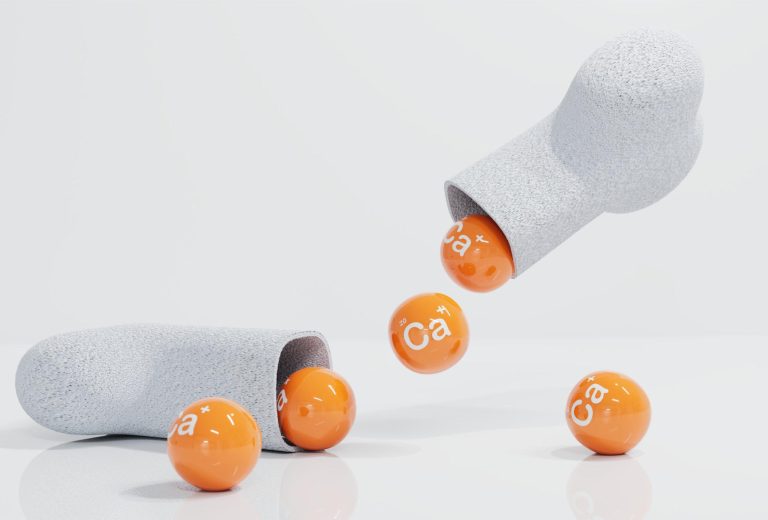Since we were children we were told that by having a glass of milk every day, like the children on American TV, we would definitely get all the calcium we needed. Fortunately this is good advice from the milk manufacturers; a glass of full cream milk yields 276mg of calcium, a glass of low fat milk yields 290mg of calcium, and a glass of skim milk yields 306mg of calcium. This means that just two to three glasses of milk should give the average child all the calcium they need on a daily basis See RDA table below. Great for children, who love to down a glass of milk, but not ideal for adults. As we get older, our tastes change and we prefer a cappuccino versus a glass of milk to kick start our day. Studies have found that up to 13.2% of South African children (in a randomly selected community) can be calcium deficient. In addition, teenage girls living in urban areas (Gauteng) were found to have both insufficient dietary knowledge and intake of calcium and the average daily intake of calcium in South Africa is approximately 400-500mg/day – only half of the recommended intake of 1000 mg/day!
Our bodies don’t produce calcium, and we therefore have to rely on our diet to get all the calcium we need.
Calcium containing foods include:
- Dairy (cheese, milk, yoghurt)
- Green leafy vegetables (spinach, broccoli, kale)
- Fish with soft, edible bones (sardines and canned salmon)
- Calcium fortified foods (soy, cereals, maize, fruit juice, milk substitutes)
In these stressful times, it can be really difficult to remember to get all your calcium in on a daily basis from diet alone, along with everything else that is on your ‘to do’ list. We’ve created a few recipes to help you out, so have a look at these.
It’s therefore probably a good idea to start taking a regular, good quality calcium supplement from puberty, especially if one considers that most people will reach their peak bone mass between the ages of 25 and 30, and then by the time we reach age 40, we slowly begin to lose bone mass. This doesn’t mean you need to rush out and start taking enormous amounts of calcium to ‘make up for lost time’. In fact this isn’t a good idea at all. Studies have found that calcium supplementation (this excludes calcium from foods) can lead to the risk of cardiovascular disease and kidney stones, and therefore the calcium supplement you choose, should not have more than 500mg of calcium per day. In addition, the body cannot absorb more than +/- 500mg of calcium in a two hour period – meaning you should only take your supplement two hours after your last meal (ideally before bed time).
It is also important to note that your calcium supplement should contain more than just calcium – calcium absorption requires the assistance of Vitamin K2 and Vitamin D3. Menacal.7TM has been formulated to ensure that you get just the right amount of calcium (500mg) and Vitamin K2 and Vitamin D3 are in included in just one daily tablet to make your life easier, more efficient and give your body exactly what it needs, when it needs it.
| Age | RDA* | Ref |
| 1 to 3 years | 700 mg of calcium a day | 2 |
| 4 to 8 years | 1,000 mg of calcium a day | 2 |
| 9 to 18 years | 1300 mg of calcium a day | 2 |
| 19-50 | 1,000 mg of calcium a day | 3 |
| 51 and older | 1,200 mg of calcium a day | 3 |











